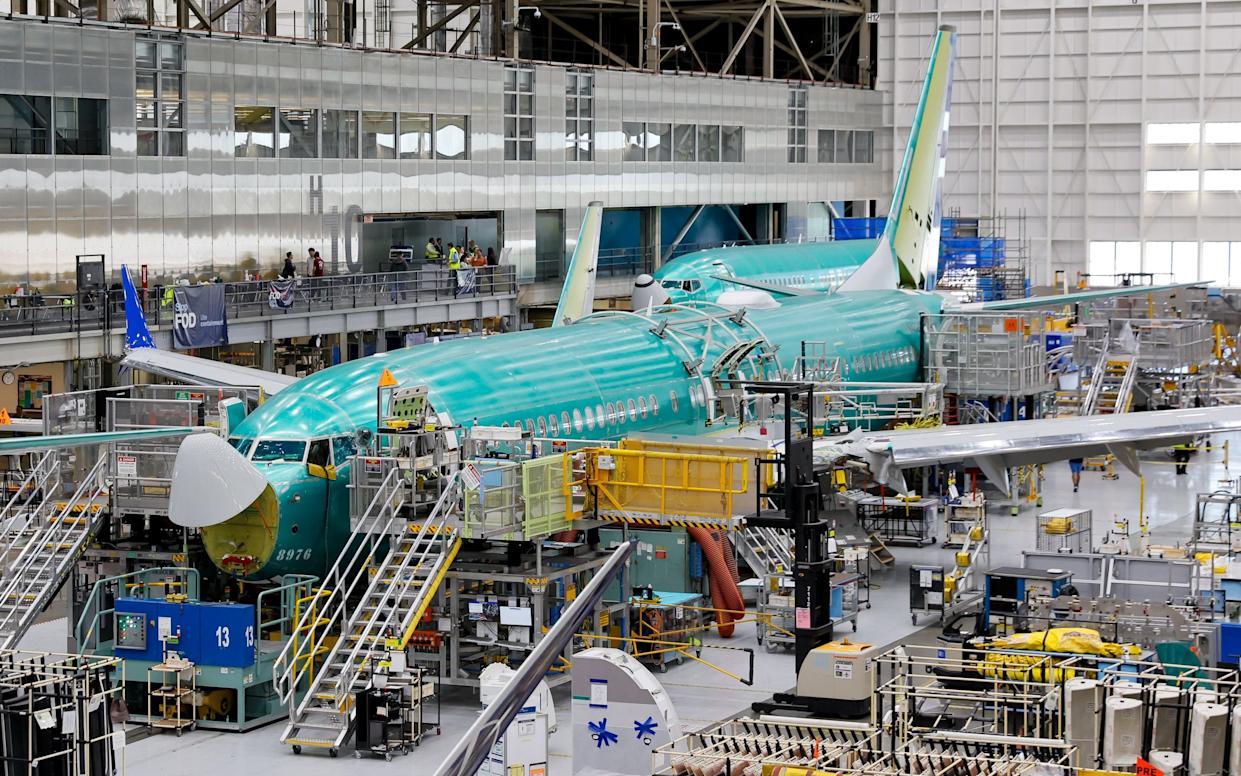
Smarter email, faster business. Auto-tag, parse, and respond to RFQs, quotes, orders, and more — instantly.
trending
Boeing Delivers First Aircraft to China Since Tariff Dispute

Boeing Resumes Aircraft Deliveries to China Amid Trade Tensions
Boeing has completed its first aircraft delivery to China since the escalation of the U.S.-China tariff dispute, marking a tentative step toward easing strained trade relations between the two economic powers. This delivery, closely monitored by industry observers, arrives after years of disrupted supply chains and uncertainty that have challenged the global aerospace sector.
The market response to Boeing’s renewed engagement with China has been cautiously optimistic. The company anticipates a 14% reduction in net debt following recent financial inflows, providing some respite after a difficult period. Nevertheless, experts emphasize that the threat of renewed tariffs continues to cast a shadow over the aftermarket, with potential trade barriers posing risks not only to business operations but also to aviation safety and the integrity of critical supply chains.
While the resumption of deliveries is welcomed as a positive development, significant challenges persist. The aerospace industry has expressed concern that any reinstatement of tariffs could undermine both commercial viability and the rigorous safety standards essential to international aviation. Boeing’s move may prompt competitive responses, though no specific actions from rivals such as Airbus have yet been disclosed.
Broader Geopolitical Impact on Global Industries
This development unfolds against a backdrop of heightened geopolitical tensions affecting multiple sectors worldwide. Notably, the technology industries in India and China have been deeply affected by ongoing disputes. Following a deadly border clash in the Himalayas last June, India imposed bans on numerous Chinese technology firms, including ByteDance, Alibaba, and Tencent, while also excluding Huawei from its 5G infrastructure. Despite diplomatic efforts to reduce military tensions, these business restrictions remain firmly in place. The ban on TikTok alone resulted in the loss of approximately 200 million Indian users.
The consequences for Chinese companies are particularly severe as they are effectively barred from India’s rapidly expanding internet market, which currently boasts nearly 750 million users and is projected to reach one billion by 2025. Shirley Yu, a visiting fellow at the London School of Economics, highlighted the strategic loss, noting that Chinese firms are missing out on the growth of what could become the world’s third-largest economy by 2050 and the market with the second-largest internet user base globally.
These intertwined developments illustrate the extensive ramifications of geopolitical disputes on global industries, spanning from aerospace to technology. While Boeing’s recent delivery to China may signal a modest improvement in trade relations, the broader environment remains uncertain, compelling companies on both sides to carefully manage the risks associated with ongoing geopolitical tensions.